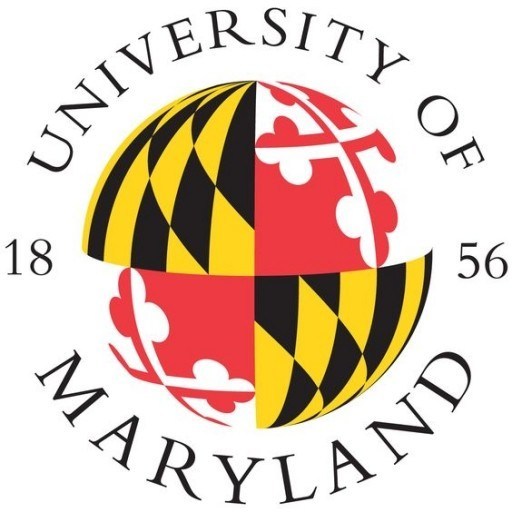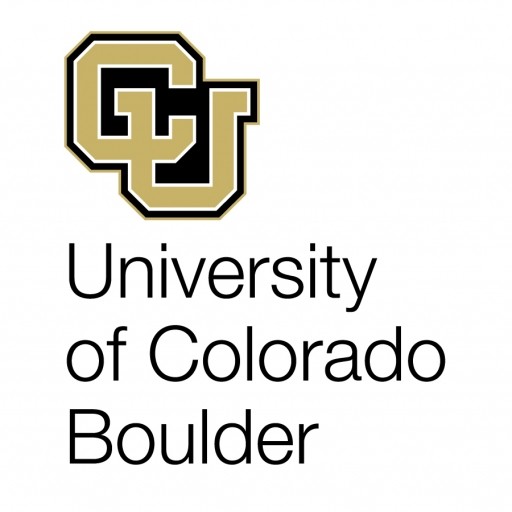Photos of university / #utsystemstudentadvisorycouncil
Aerospace Engineering at The University of Texas System offers a comprehensive and rigorous curriculum designed to prepare students for innovative careers in the aerospace industry. This program emphasizes the fundamental principles of aerodynamics, aircraft and spacecraft design, propulsion systems, materials science, and structural analysis. Students will develop strong computational and experimental skills through hands-on laboratories, research projects, and industry collaborations, ensuring they are well-equipped for the challenges of modern aerospace technology. The curriculum integrates coursework in fluid mechanics, thermodynamics, control systems, and avionics, providing a multidisciplinary understanding of aerospace systems. The program also encourages students to engage in cutting-edge research in areas such as unmanned aerial vehicles, satellite technology, and sustainable aerospace propulsion. With access to state-of-the-art laboratories and facilities, students have opportunities to work alongside faculty who are recognized experts and researchers in their fields. The program aims to foster innovation, problem-solving, and leadership abilities, preparing graduates for careers in aerospace manufacturing, research and development, governmental agencies, and entrepreneurial ventures. Graduates will be equipped with the technical knowledge and skills necessary to design, analyze, and improve aircraft and spacecraft, contributing to advancements in transportation, national defense, and space exploration. The aerospace engineering degree at The University of Texas System ultimately seeks to cultivate the next generation of engineers dedicated to advancing aerospace technology with a focus on safety, efficiency, and sustainability.
The Bachelor of Science in Aerospace Engineering at The University of Texas System offers a comprehensive and rigorous curriculum designed to prepare students for successful careers in the aerospace industry, research, and academia. This program provides students with a strong foundation in engineering principles, mathematics, physics, and aeronautical and astronautical systems. Throughout the course of study, students engage in hands-on projects, laboratory work, and design projects that foster practical skills and innovative thinking essential for solving complex aerospace challenges.
The program covers core areas such as aerodynamics, propulsion, flight mechanics, aircraft and spacecraft structures, materials, control systems, and systems integration. Special emphasis is placed on understanding the behavior of aircraft and spacecraft in various environments, enabling graduates to contribute to the development of safer, more efficient, and environmentally sustainable aerospace vehicles. Students also explore advanced topics such as aerospace design optimization, computational fluid dynamics, and robotics.
In addition to technical coursework, students are encouraged to develop their teamwork, leadership, and communication skills through collaborative projects and presentations. The program integrates cutting-edge technology and industry standards, providing opportunities for internships, research projects, and interactions with aerospace professionals. These experiences help students build a competitive edge in the job market or prepare for graduate studies.
The faculty comprises experienced researchers and industry experts committed to mentoring students and advancing aerospace technology. The program also emphasizes ethical considerations, safety regulations, and the importance of innovation in aerospace engineering. Graduates of this program are well-equipped to pursue careers at aerospace companies, government agencies, or to continue their education with advanced degrees in aerospace or related fields. Ultimately, the program aims to cultivate innovative, responsible engineers who will contribute to the advancement of aerospace technology and the betterment of society.
Program requirements for the Aerospace Engineering Bachelor's Degree at The University of Texas System typically include a combination of foundational coursework, specialized aerospace topics, laboratory work, and a capstone project. Students must complete core engineering courses such as Calculus I, II, and III, Differential Equations, Physics I and II, and Chemistry. Alongside these, they are required to engage in introductory aerospace courses covering aerodynamics, aerospace materials, propulsion, and flight mechanics. Laboratory and design courses accompany theoretical classes to develop practical skills. A series of electives related to aerospace topics provides depth in areas such as space systems, aircraft structures, and control systems. Successful completion of a senior design project demonstrates integration of knowledge and hands-on problem solving. The program often mandates internship or cooperative education experiences to gain real-world industry exposure. Furthermore, students need to meet the university’s general education requirements, which include humanities, social sciences, and communication skills. To graduate, students must maintain a minimum GPA as specified by the university, typically around 2.0 or higher in major courses. The curriculum emphasizes the development of analytical, technical, and communication skills necessary for a career in aerospace engineering or further graduate study. Additionally, students are encouraged to participate in research projects, student chapters of professional organizations such as the American Institute of Aeronautics and Astronautics (AIAA), and other extracurricular activities to enhance their educational experience. Overall, the program is designed to prepare graduates for diverse roles in designing, analyzing, and manufacturing aircraft, spacecraft, and related systems, ensuring they possess both theoretical knowledge and practical competence.
The University of Texas System offers robust financial support options for students enrolled in its Aerospace Engineering programs. Funding opportunities include scholarships, grants, and financial aid packages designed to make higher education accessible and affordable. Merit-based scholarships are available to outstanding students demonstrating exceptional academic achievement and potential in aerospace studies. These scholarships often cover partial or full tuition costs and are awarded based on academic performance, test scores, and extracurricular involvement.
In addition to scholarships, students can benefit from need-based grants that assist those with demonstrated financial need, helping to reduce the overall cost of their education. The university also participates in federal financial aid programs such as Pell Grants and Direct Loans, which provide additional financial support to eligible students. Work-study programs are available as well, allowing students to gain practical experience while earning money to contribute towards their educational expenses.
The university recommends that students complete the Free Application for Federal Student Aid (FAFSA) to determine their eligibility for various aid programs. Many students also take advantage of departmental assistantships or research assistant positions within the Aerospace Engineering faculty, which often provide stipends and tuition waivers in exchange for teaching or research duties.
Moreover, students are encouraged to explore external funding sources, including private scholarships from aerospace industries, professional organizations, and government agencies interested in fostering aviation and space research. The university’s financial aid office offers comprehensive guidance on applying for these opportunities, ensuring students are well-informed about deadlines and application procedures.
Ultimately, the University of Texas System aims to support its aerospace engineering students financially, enabling them to focus on their academic and career goals without undue financial stress. The combination of institutional aid, federal programs, part-time employment options, and external scholarships provides a diverse array of funding avenues to make aerospace engineering education attainable for a broad spectrum of students.
The University of Texas at Austin offers a comprehensive Aerospace Engineering program designed to prepare students for careers in the aeronautics and astronautics industries. The program emphasizes a strong foundation in physics, mathematics, and engineering principles, combined with specialized coursework in aerodynamics, propulsion, aircraft and spacecraft design, control systems, and flight mechanics. Students have the opportunity to engage in cutting-edge research areas such as experimental and computational fluid dynamics, aircraft and spacecraft structures, avionics, and space systems engineering.
The curriculum is structured to provide both theoretical knowledge and practical skills, including laboratory work, design projects, and internships with industry partners. The program encourages interdisciplinary collaboration, allowing students to work on projects related to satellite technology, unmanned aerial vehicles (UAVs), and space exploration. Faculty members are recognized experts in their fields, and students benefit from state-of-the-art facilities such as wind tunnels, flight simulators, and research laboratories.
Graduate students can pursue master's and doctoral degrees, engaging in research that often leads to innovations in aerospace technology. The university also supports internships and co-op programs with major aerospace companies, such as Boeing, Lockheed Martin, and NASA, providing invaluable industry experience. Students graduating from the program are equipped to work in aerospace design, manufacturing, testing, and research, contributing to advancements in commercial, military, and space domains.
The Aerospace Engineering program at the University of Texas at Austin aims to cultivate engineers who are capable of developing innovative solutions to complex aerospace challenges. The university's strong industry connections, research excellence, and commitment to student success make it a leading choice for aspiring aerospace professionals. Graduates of the program find employment in government agencies, private aerospace firms, research institutions, and academic positions, advancing the frontiers of aerospace science and technology worldwide.









